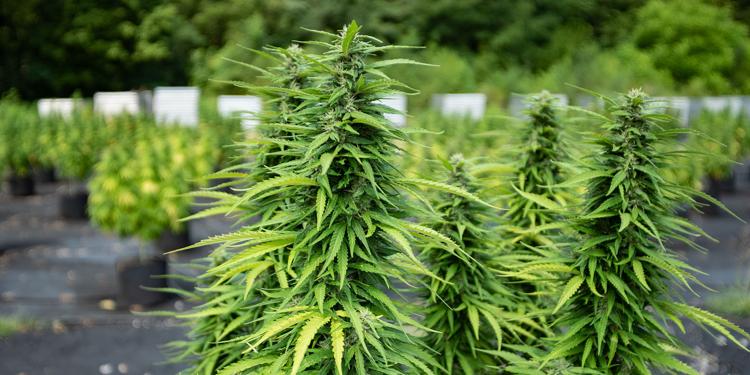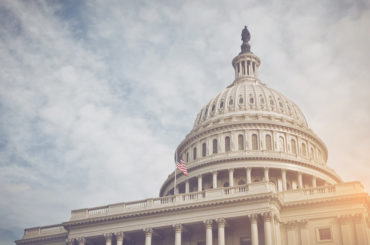Every year in the Tennessee General Assembly, cannabis-related legislation is offered and defeated. While this year may be no different, some members of the Republican supermajority are beginning to reconsider their staunch opposition to marijuana.
Tennessee would become the first state to legalize medical marijuana usage under legislation proposed by Sen. Janice Bowling (R-Tullahoma). The legalization of medicinal cannabis in many of our neighboring states, including staunchly Republican Mississippi, has given supporters renewed hope in their ongoing push to present cannabis as a potential antidote to the opioid epidemic. Despite the FDA’s resistance, many states allow the use of cannabis for the treatment of pain, nausea, and other medical issues.
“We have put the people of Tennessee in a terrible predicament where they are unable to have this highly safe alternative and are instead constantly forced onto the route of opioids and other synthetic pharmaceuticals,” Bowling says.
The number of drug overdose deaths in Tennessee rises year after year. The Tennessee Department of Health says that 3,814 overdose deaths occurred in the state in 2021, up from 2,089 the year before and 3,032 in 2020. Opioids are responsible for about 3,000 deaths in 2021. Although there is mixed information addressing the usefulness of medical cannabis in reducing overdose deaths, 37 states have already approved the drug due to its very moderate adverse effects and extremely low risk of addiction.
“I’m weary of Tennessee always being last and most conservative in the country,” Tennessee state senator London Lamar remarked (D-Memphis). It is being used as a form of classism to keep people in prison. It is essentially my opinion. In my perspective, they don’t appear to care about people’s safety. And if they do, they will take action to address the circulating fentanyl and opioid crisis.
Bowling admits to having doubts about using medical cannabis until a few years ago.
“I, like so many others, had swallowed all of the misinformation and plain lies that Big Pharma, in my opinion, has thrown out since Richard Nixon, if not before,” Bowling writes. Bowling hopes to bring the sector to Tennessee before it’s too late, having completed her own research on the merits and legalities of an intrastate medicinal cannabis program.
“If we wait, the great sucking sound will be any business model, any Tennessee-grown product, any Tennessee-tested product, third-party labs,” she says. “Everything included on my bill.” The item would be safe. And it would be available to Tennessee residents. Instead, all of [that] commerce would be handled outside of the state. And there would be a true flood of things from all across the world.
Despite this, many of Bowling’s parliamentary colleagues continue to oppose the highly stigmatized substance. Sen. Richard Briggs (R-Knoxville), who has sponsored his own cannabis-related legislation, opposes Bowling’s plan.
According to Briggs, “the FDA will never approve or make marijuana medical since it is a plant.” We don’t have any plants that are recommended by doctors. Mold is the source of penicillin. If you have strep throat, you should avoid eating moldy bread.
Marijuana is classified as a Category 1 drug under federal law, which means it has “no currently recognized therapeutic value and a considerable potential for misuse,” according to the Drug Enforcement Administration. Heroin, LSD, and ecstasy are examples of Schedule 1 narcotics.
Last year, after making early progress through committees, Bowling’s measure was rejected by the Senate Judiciary Committee. Her measure has again reached the Senate Judiciary Committee this year, with a vote scheduled for Tuesday. Yet, it has an uphill battle because certain committee members have already expressed their opposition to the bill.
Briggs’ marijuana bill, on the other hand, appears to be gaining traction. Briggs sponsored legislation last year to criminalize Delta-8 and other cannabis-derived products developed in Tennessee. Lawmakers voiced concern about the bill’s possible impact on Tennessee’s burgeoning hemp industry as it was considered in the House after failing to pass the Senate. (Hemp is a kind of cannabis that is not psychoactive. Delta-8, a cannabis product with synthetic origins, does have psychoactive characteristics. Both are currently legal in the state.) Briggs’ idea for this year would regulate rather than outright prohibit synthetic materials in an effort to keep them out of the hands of children.
During last week’s committee hearing, Briggs mentioned that several jurisdictions that have legalized recreational marijuana have banned Delta-8 and other identical products due to safety concerns. Lamar, on the other hand, is concerned that Briggs’ idea is too onerous.
Lamar argues that Delta-8 is becoming more difficult to find than a convenience shop beer. “By amending the criminal code, you may discover new ways to prosecute innocent college students.”
According to an increasing number of studies, Delta-8 will never have the same level of medical validity as naturally grown cannabis products, and Bowling hopes that some of her more skeptical coworkers will reconsider.
To begin, Bowling suggests that they consider the illness that it addresses. And everyone may think of loved ones who are suffering unnecessarily from fibromyalgia, lupus, or epilepsy. Bowling wonders, “Why are we causing people to suffer when the best medical therapy, medicinal cannabis, is easily available to them, according to multiple facts and data?”



